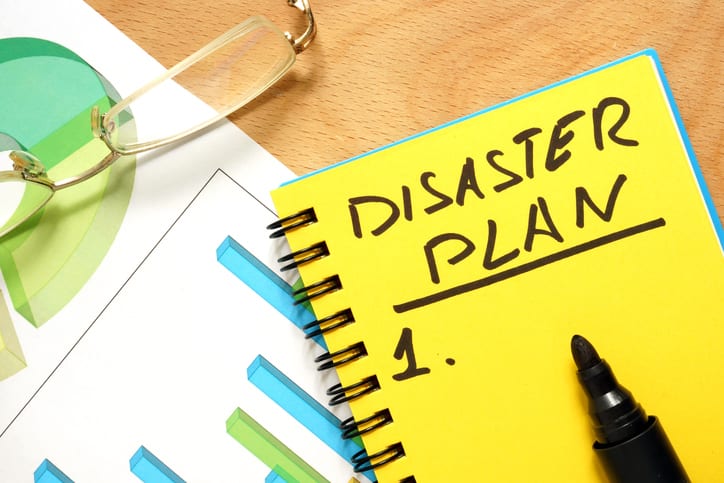Barbadians are still reeling from the impact of last Friday’s passage of Hurricane Elsa. It was a wake-up call of sorts for some people who go by the adage “God is a Bajan”. As we pick up the pieces from the Category 1 hurricane, we should not take anything for granted as we continue to prepare for the ongoing hurricane season.
“Fail to prepare, prepare to fail” is a common saying in many different aspects of life. Crises can occur at any time and take all forms, so whether you are dealing with your household or managing a business, it is essential to know what you will do once one of these situations occurs. More importantly, you must ensure that everyone around you is on board with it.
In centuries gone by, hurricanes were more devastating because we did not have the sophisticated early warning systems and constant weather updates that we do now. However, all too often, when we hear a weather system will come our way within the next 48 hours, there is a “mad rush” on supermarkets and hardware stores as people try to prepare themselves for the pending storm. Surely we can do better than that!
How about getting those supplies early so that they are already in your house when the system is coming? How about ascertaining where your nearest hurricane shelter is, or contacting your relatives or friends to find out if they can accommodate you if the worst comes to the worst? Who is going to look after your pets or livestock?
And in terms of a business, how will you secure your assets, accommodate your staff, and how will you go about resuming your operations after the storm? And if your business is such that staff may be called upon to work in the field while the system is passing, what safety measures do you have in place for them?
A surefire way to answer all these questions is to come up with a written emergency management plan. The United States National Weather Service has outlined some of the steps you should take as you go about this process.
Step One is to discuss the following questions with your family, friends or household (and in the case of a business, your staff). These include:
- How will I receive emergency alerts and warnings? There are several apps now available that can do just that in Barbados. One example is the CAP.CAP app.
- What is my shelter plan?
- What is my evacuation route? It may be advisable to come up with more than one depending on your location if you live in an area prone to flooding, for example.
- What is my family/household/business communication plan?
- Do I need to update my emergency preparedness kit?
- Update your emergency plans with regard to COVID-19 protocols, for example ensuring you have enough face masks for everyone, disinfectant sprays and sanitisers, and find out what protocols the shelters have in force as well.
The second step advises that you take a closer look at the needs of the various people in your household, such as:
- The age groups (for example babies, young children and elderly people will need special attention).
- Responsibilities for assisting others — that is, the delegation of duties.
- Locations frequented — this may be helpful in determining a meeting point, and should give you some idea of when — under normal circumstances – you can look for the people in your circle based on their locations during the day such as workplaces, schools, etc.
- Dietary and medical needs.
- Disabilities or access and functional needs including devices and equipment.
- How to handle pets.
- Cultural and religious considerations should also be a factor.
- Establish primary and secondary contact persons, and have all emergency services numbers on hand as well.
Now, once you have put all these “cards on the table” and everyone is in agreement with the suggestions made, it is time to put the plan in writing. After that, do a trial run — one local insurance company suggests this should be done every six months — and make any changes if necessary. Also, bear in mind that storms are unpredictable, so allow for some flexibility, but make sure everyone is on board with Plan B.
This article appears in the 2021 edition of BT’s Disaster Preparedness. Read the full publication here.




